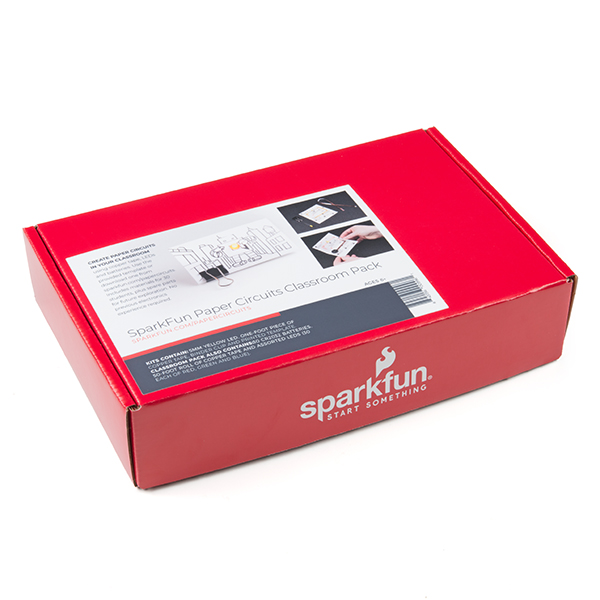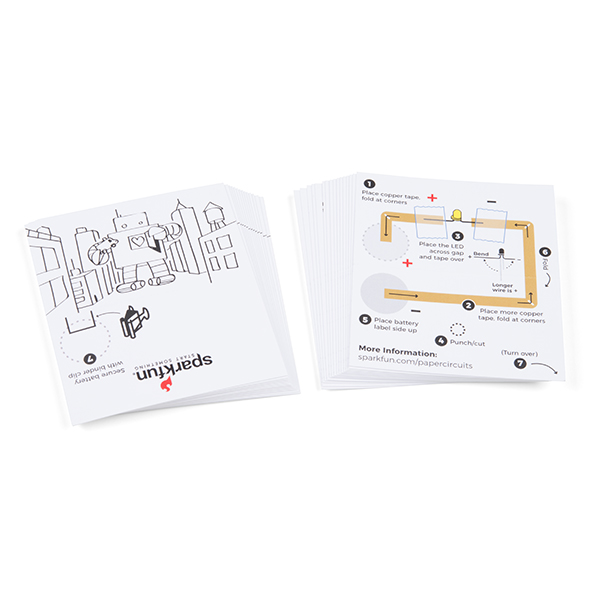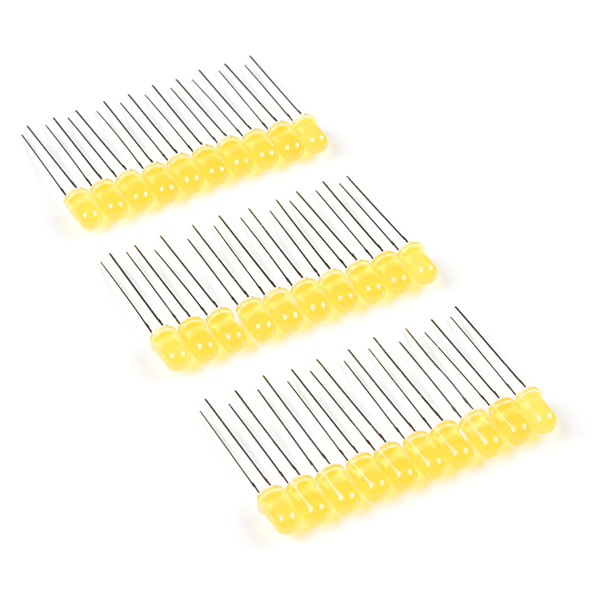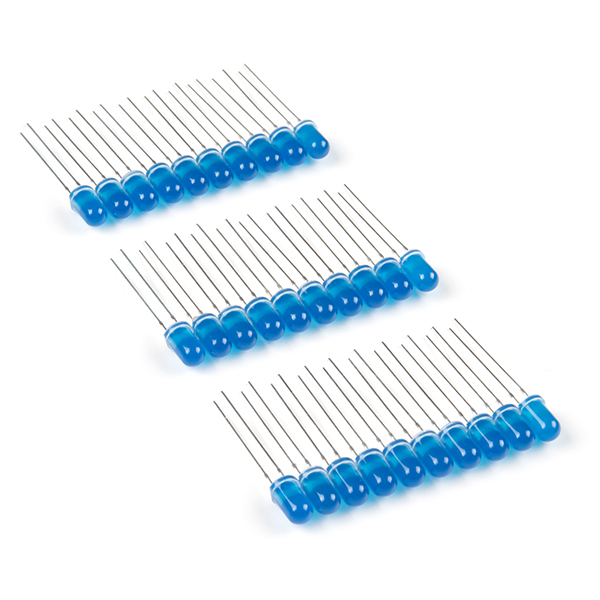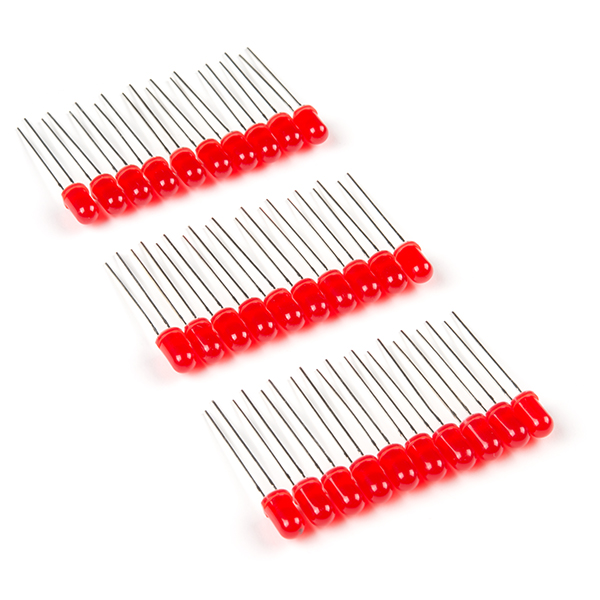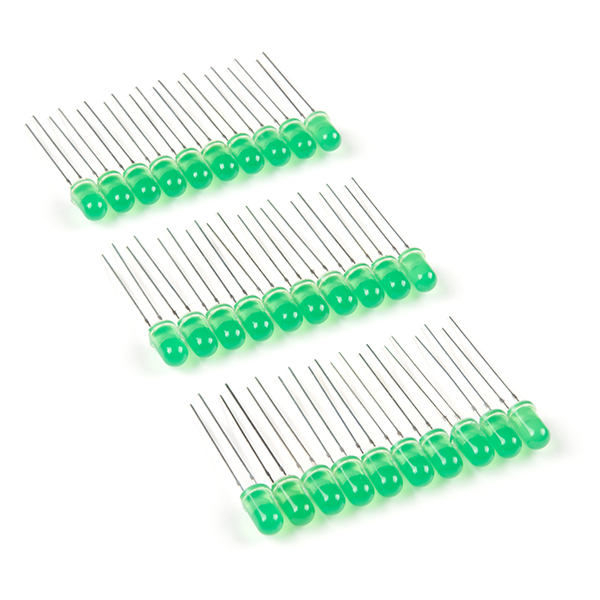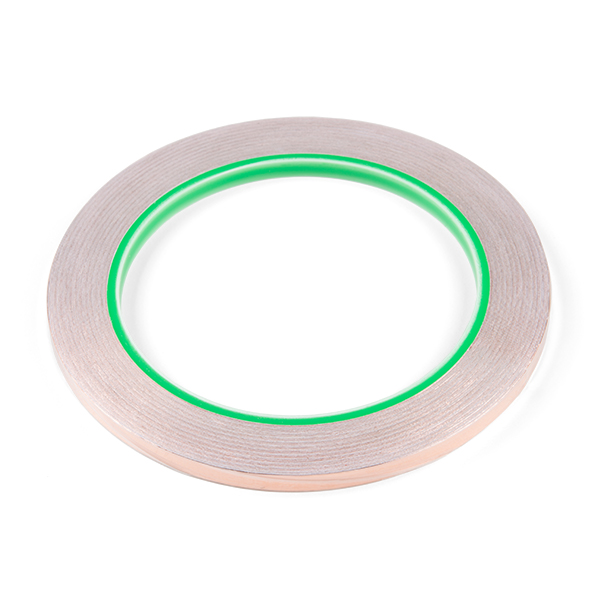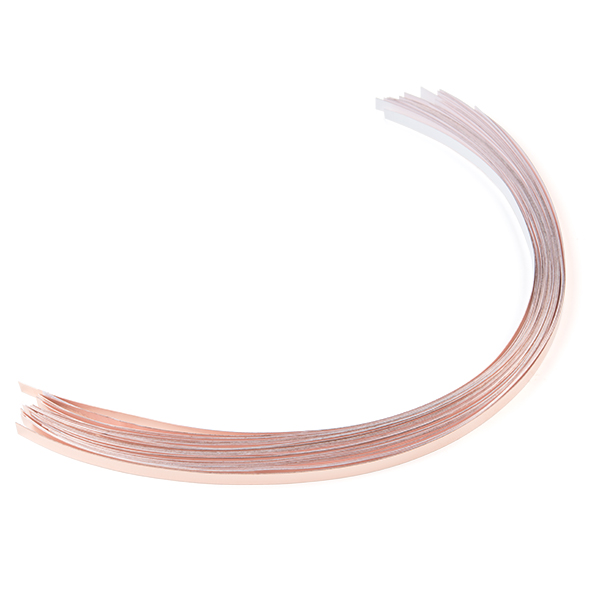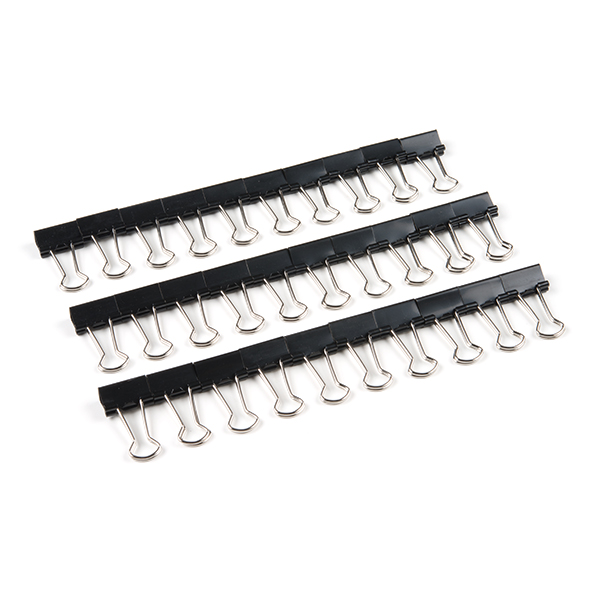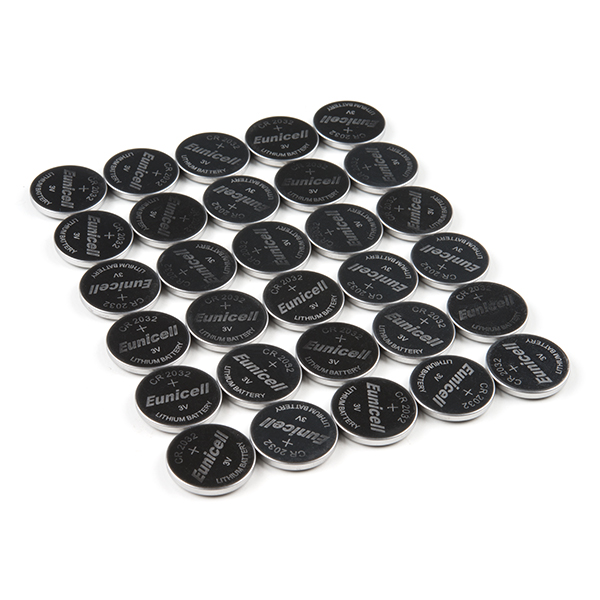SparkFun Paper Circuits Classroom Pack
Welcome to the world of paper circuits - creating electronic projects directly on paper using simple components! The SparkFun Paper Circuits Classroom Pack teaches the basics and fundamentals of creating an electric circuit for the whole class without the need to solder or code a single thing! Using the provided templates, strips of copper tape, coin cell batteries, and multiple colors of LEDs to choose from, the SparkFun Paper Circuits Classroom Pack provides you with 30 fun and informative light up robot cards that should only take between five to 10min to assemble! No previous electronics experience is required.
If you are unfamiliar, a paper circuit is a functioning electronic circuit built on a paper surface instead of a PCB. Projects can range from greeting cards, to origami, to traditional art such as paintings or drawings. What makes them unique is the use of traditional fine art techniques to create a circuit that is combines aesthetics and functionality. Paper circuits are becoming more and more popular in the hobby electronics world. The easy availability of craft-like materials and increasing abundance of new products has created a really unique ecosystem for crafters looking to make the leap to electronics projects.
The only things you will need to get each simple circuit card built, that aren't included in SparkFun Paper Circuits Classroom Pack, are scissors, a hole punch, tape, and any coloring supplies to make your little robot pop. Although, if you need more individual card kits you do have the option to download the card in the Documents tab above (and order the additional components separately)!
Note: Due to the requirements of shipping the batteries in this kit, orders may take longer to process and therefore do not qualify for same-day shipping. Additionally, these batteries can not be shipped via Ground or Economy methods to Alaska or Hawaii. Sorry for any inconvenience this may cause.
- 30x Printed Robot Template Card
- 30x Red LED - 5mm
- 30x Blue LED - 5mm
- 30x Yellow LED - 5mm
- 30x Green LED - 5mm
- 30x Coin Cell Battery - CR2032
- 30x Copper Tape - 1ft
- 1x Copper Tape - 50ft
- 30x Binder Clip
- Hookup Guide
- Paper Circuits Guide
- Paper Circuit Templates
SparkFun Paper Circuits Classroom Pack Product Help and Resources
SparkFun Paper Circuit Kits
July 5, 2018
Learn how to build a simple paper circuit using copper tape, a 5mm LED, and a 3V coin cell battery.
Comments
Looking for answers to technical questions?
We welcome your comments and suggestions below. However, if you are looking for solutions to technical questions please see our Technical Assistance page.
Customer Reviews
4 out of 5
Based on 2 ratings:
A simple circuit kit - good in concept
Used this with a classroom with 35 adult students. It worked pretty well, but it would have been better if the adults could follow directions! I think kids would do better! :-)
Note: you’ll want to provide scissors, tape and a hole punch. The hole punch needs to reach far enough to punch the LED hole. A slight adjustment in the design would work better with standard hole punches. Also, directions to secure the battery so that the binder clip can be used as an on/off switch would be nice.
The kit came with lots of spare materials. A slightly more complicated circuit could easily be made with the parts provided.
I like this concept. A couple of resistors and it would be useful for teaching serial and parallel circuits. DMM use, too.
Great Circuits Activity
We used these for an informal activity for high school students. It was great!

